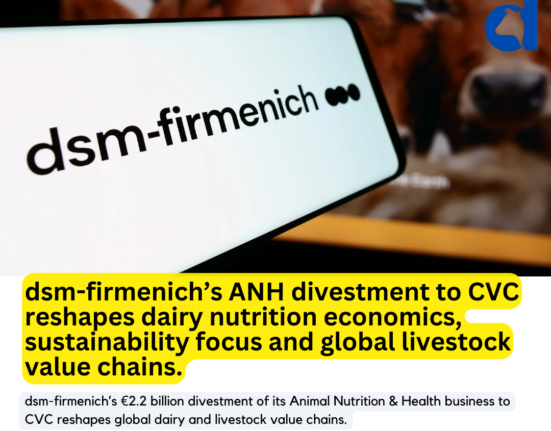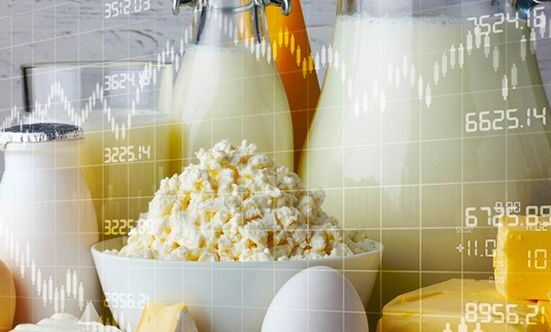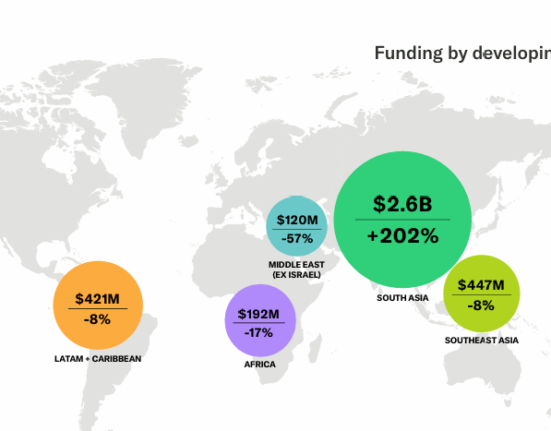Mara Bio, a biotech start-up based in Hawke’s Bay, New Zealand, is redefining the future of dairy sustainability. Using its proprietary fungal fermentation technology, the company is converting low-value dairy by-products like whey and whey permeate into high-quality, sustainable proteins and bioactive ingredients.
The startup recently won the Top Agtech Innovation Award at Australia’s prestigious evokeAG conference, spotlighting its potential to reshape food systems through circular economy solutions.
“We’re not just reducing waste — we’re creating value, cutting emissions, and enabling the food system to reimagine its environmental impact.”
— Mark Balchin, CEO, Mara Bio
Zero Waste, Zero ‘Foodprint’
Mara Bio’s approach centres on a scalable, fermentation-based process where fungi feed on dairy by-products, transforming them into nutrient-rich ingredients that can be used in plant-based foods, protein bars, shakes, pasta, and dairy alternatives like oat milk ice cream.
By integrating its technology directly into existing dairy plants, Mara Bio eliminates unnecessary logistics, reduces methane and COD emissions, and generates new revenue streams for dairy processors — all while advancing global decarbonisation goals.
“Our goal is to co-locate with dairy processors, integrate seamlessly into existing supply chains, and turn every litre of waste into revenue and resilience.”
— Dr. Mehrnoush (Maya) Tangestani, CSO, Mara Bio
Analysis: Why India Should Pay Attention
— By the Dairy Dimension Editorial Desk
India, the world’s largest producer and consumer of dairy, generates millions of litres of whey and dairy effluent every day, most of which remains underutilised or wasted. From paneer units in North India to cheese plants in Maharashtra and Gujarat, dairy by-products like whey permeate often end up in landfills, local drains, or are used inefficiently in animal feed.
The environmental cost is real: high biological oxygen demand (BOD), greenhouse gas emissions, and water pollution — especially in states where effluent treatment remains inconsistent.
In this context, Mara Bio’s model presents a compelling blueprint for India:
üîÅ Circular Value Creation: Transforming waste into export-ready protein ingredients aligns with India‚Äôs growing bioeconomy vision.
üåæ Rural Integration: Co-locating fermentation units at cooperative and private dairy plants could offer new income channels for rural dairy producers.
üåç Climate Alignment: Supports India’s net-zero ambitions and targets under the National Action Plan on Climate Change (NAPCC).
üß™ Low-Tech, High Impact: Fermentation is a familiar and scalable process in India, making technology transfer and localisation more feasible.
ü•ó Nutrition Security: With India still battling protein deficiency, functional ingredients from waste streams could help enrich everyday foods at scale.
In short, Mara Bio’s innovation is not just a scientific milestone — it’s a practical tool for building a more sustainable, profitable, and climate-smart dairy sector in India.
A Call for Pilot Projects in India
At Dairy Dimension, we believe this is the right moment for Indian policy-makers, NDDB, dairy federations, and private processors to explore pilot collaborations with companies like Mara Bio. Whether it’s Gujarat’s cheese processors or Punjab’s paneer clusters, there’s enormous potential to turn dairy by-products into high-value ingredients for both domestic and global markets.
With the global plant-based and functional food sector growing rapidly, India should not only be a dairy leader — it should also lead in sustainable dairy innovation.







